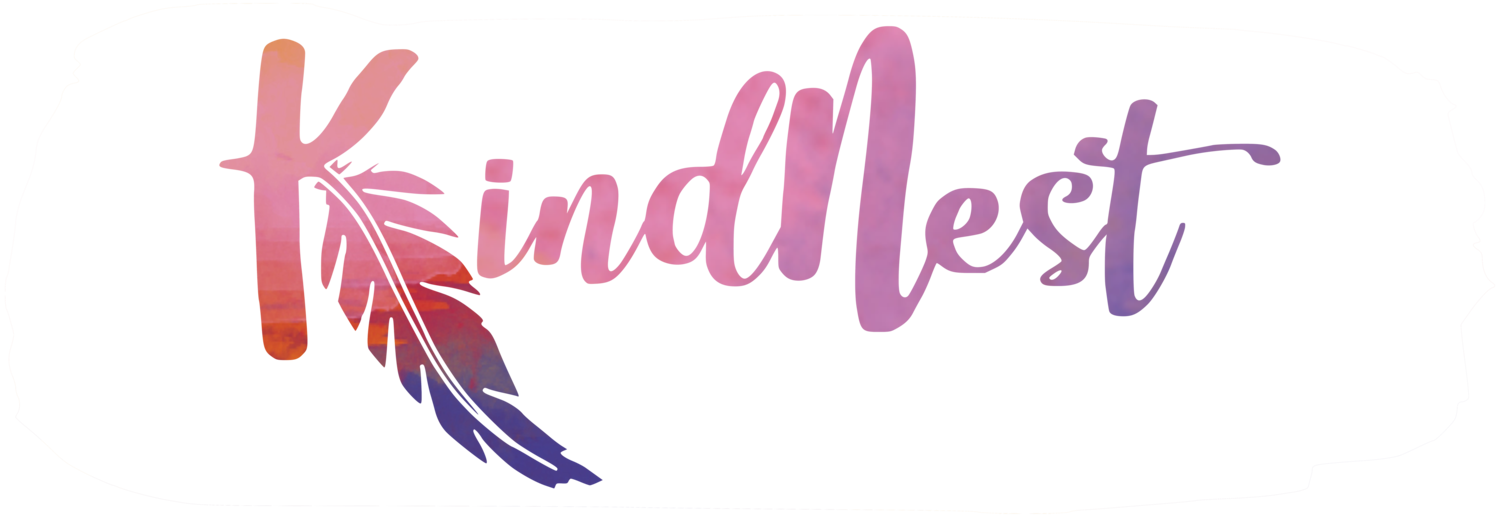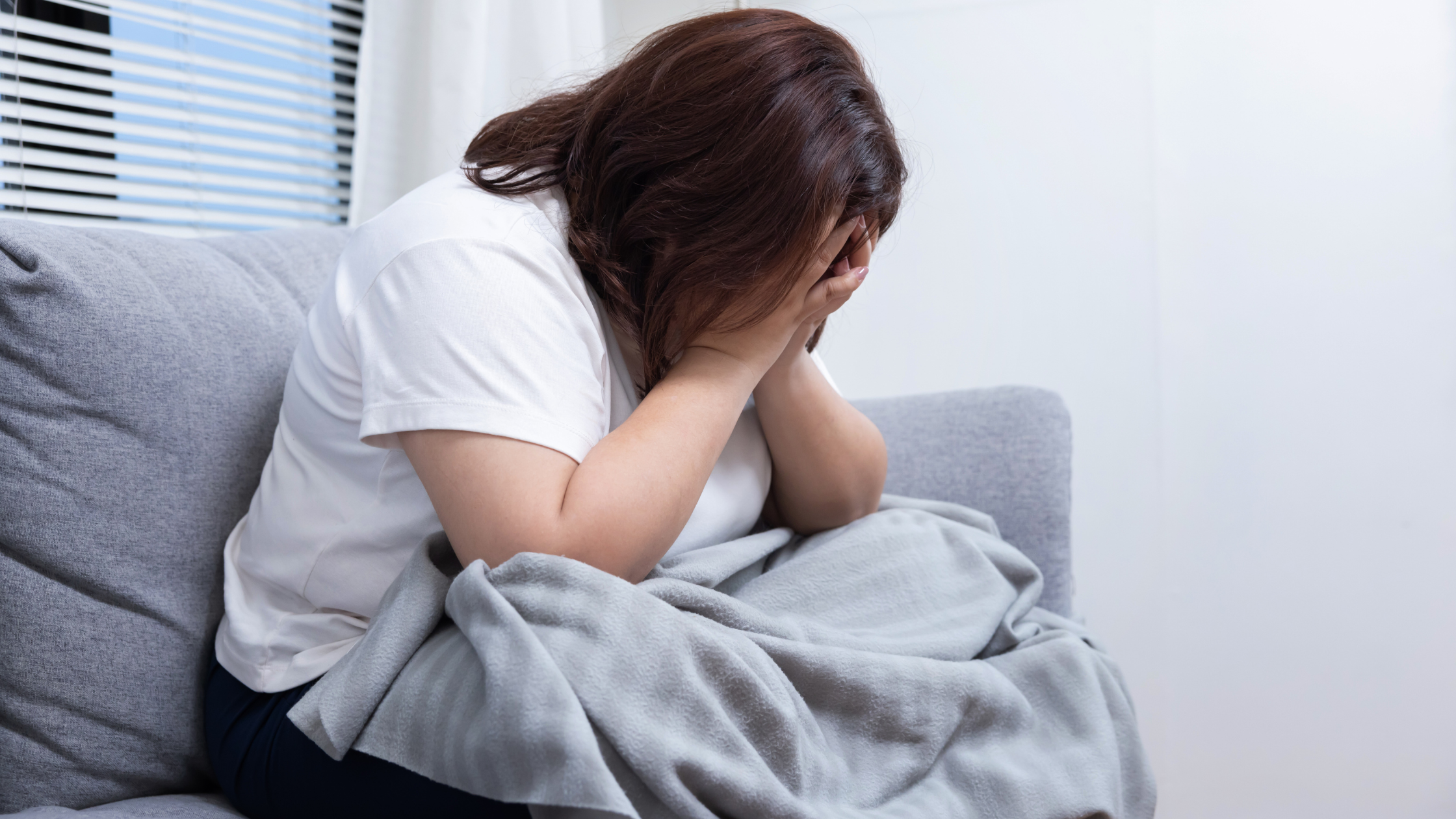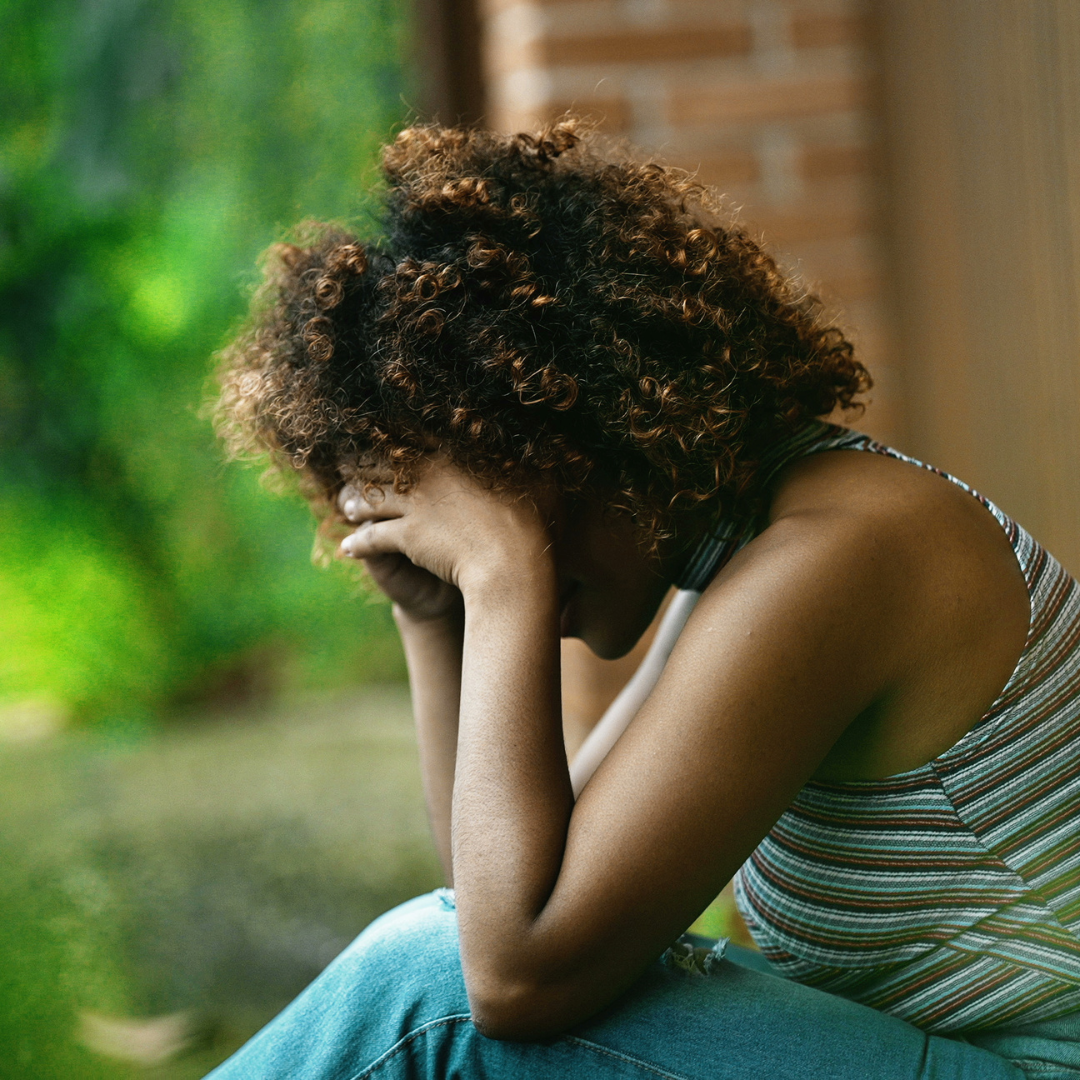How to Heal Emotionally After Pregnancy Loss
How to Heal Emotionally After Pregnancy Loss
The Truth About Healing After Pregnancy Loss
Let’s just get to the truth: Miscarriage is common. But that doesn’t mean isn’t also incredibly devastating.
Maybe you’ve heard people say things like:
“At least it happened early.”
“At least you know you can get pregnant.”
“You can always try again.”
And while their words might come from a good place, they miss the point. This hurts.
Pregnancy loss is real loss. And the grief that comes with it? It’s not something you can intellectualize or hustle your way through. It’s not something you can journal away or meditate out of existence.
You have to feel it. You have to let it move through you—not to wallow in darkness forever—but to free yourself from the fear that the sadness will own you.
This is the key to healing emotionally from a miscarriage: allowing yourself to feel, grieve, and integrate what happened. So you can move forward. So you can trust yourself again. So if you choose to try again, it won’t be from a place of fear—but from love.
In my recent post, Does a Miscarriage Affect Your Fertility?, I shared the truth that most women can still get pregnant again after loss—but before you even think about “next steps,” your heart deserves attention first.
This post is about that healing. The deep kind. The kind that changes you—for the better.
Let’s go there.
Is Miscarriage Grief Real?
Short answer? Hell yes, it’s real.
But here’s the problem: Most women feel like they are expected to experience grieving a miscarriage quietly. Behind closed doors. Alone.
Some people minimize it. Some people avoid talking about it altogether. And you? You’re left wondering if you’re allowed to feel what you’re feeling.
You are.
The emotional reality of miscarriage isn’t just sadness. It’s complex. It’s the surge of miscarriage anxiety that creeps in when you think about trying again. It’s the days when you feel fine—then suddenly you’re crying in the grocery store parking lot because someone walked by with a baby stroller. It’s the miscarriage emotions that don’t always make sense but refuse to be ignored.
Coping with a miscarriage is messy. And it should be. You’re human. And what you lost was real.
But here’s something most people don’t talk about:
If you were already carrying the weight of self-doubt, fear of abandonment, or unworthiness from earlier life experiences—this loss can hit differently. Pregnancy loss doesn’t just bring grief about the baby you didn’t get to hold. It often rips open old wounds you’ve spent years trying to bury.
Maybe you’ve gotten really good at pushing those feelings down. At pretending you’re fine. At managing life so nothing touches the parts of you that still feel fragile.
But here’s the thing:
Those well-worn protective habits? They might get you through the workday. But they’ll keep you stuck when it comes to fully healing from this kind of loss.
The truth is, your nervous system can’t heal from a miscarriage if it’s still running the old trauma playbook: suppress, numb, control.
It takes courage—and know-how—to stay present in the discomfort without drowning in it. That’s what I help women do: lovingly stand in the hard stuff so they can process it fully, heal, and move forward feeling powerful again.
You’re dealing with a loss and dealing with the pressure to act like everything’s fine. You’re dealing with miscarriage grief while the world keeps spinning, while work meetings pile up, while your friends announce pregnancies on social media.
This isn’t weakness. This is real life.
Miscarriage and grief go hand in hand. Not because you’re broken, but because you loved. You hoped. You dreamed. And you’re allowed to mourn those dreams. It’s essential.
This grief isn’t something you can bypass—it’s something you must integrate. That’s the only way to move forward without carrying invisible armor everywhere you go.
Can You Get Postpartum Depression After a Miscarriage?
Another thing people don’t talk about? Yes—you can absolutely experience postpartum depression after a miscarriage.
Your body doesn’t ask for your permission before shifting hormones. Your mind doesn’t check whether or not you’re holding a baby before it spirals into miscarriage and depression.
Sometimes dealing with depression after miscarriage feels like complete numbness. Sometimes it feels like rage. Sometimes it feels like exhaustion so deep you don’t know how you’ll get out of bed.
If this is where you are right now, please hear me clearly: you are not crazy, and you are not alone.
Is it possible to have postpartum depression after miscarriage? Yes.
Can you have postpartum depression after a miscarriage even if it was early? Yes.
Does this mean you’re destined to stay stuck or childless forever? Absolutely not.
Your body went through a pregnancy. Your heart went through a loss. You deserve the same compassion, support, and care you’d give to anyone who just survived something life-altering.
Postpartum depression after miscarriage is real. And you deserve real support.
How to Heal Emotionally From a Miscarriage
So how do you actually heal emotionally from a miscarriage without getting stuck—or pretending you’re fine when you’re not?
You stop fighting the truth.
You stop bypassing your emotions after miscarriage.
You stop trying to “think positive” your way out of grief.
And instead, you allow yourself to process what happened. Fully. Courageously.
But here’s the deeper truth most people won’t tell you:
Healing from miscarriage isn’t just about healing this one loss—it’s about breaking the lifelong habit of pushing pain down and pretending you’re okay when you’re not.
For many women, this loss unearths much older wounds. Feelings of unworthiness. Fear of abandonment. Self-doubt that started long before trying to conceive.
These parts of you matter, a lot. And if you’ve been keeping yourself safe by staying small, controlling everything, or suppressing your real feelings, this is your moment to break free from that old pattern—for good.
Miscarriage healing starts when you give yourself permission to:
Feel every messy, complicated emotion without judging yourself
Stop asking, “How long should I rest after miscarriage?” as if there’s a one-size-fits-all answer—and start asking, “What do I need right now?”
Remember that life after miscarriage isn’t about getting back to “normal.” It’s about stepping into a new version of yourself—one that’s wiser, more compassionate, and ready to live fully again, scars and all
Reconnect with your body, even if you feel like it let you down
Learn how to move on from a miscarriage in a way that honors your loss and your life
Get support for your mental health after miscarriage, because your heart deserves healing just as much as your body does
In the article I wrote for MANTRA WELLNESS print magazine, I shared this truth: Healing from loss is not about forgetting or protecting yourself—it’s about becoming someone who can hold both joy and sorrow, and still move forward with love.
And for many women, that means not just healing this loss—but healing the parts of yourself that have been quietly suffering for years. This is your chance to release the old story of “not enough” and start living as the woman—and mother—you truly are.
If you’d like to have that article and keep it close as you walk this path, you can download it here.
Ready for Real Healing? Let’s Do This Together.
You don’t have to figure out how to heal from a miscarriage on your own.
And if you’re here reading this, I’m willing to bet that what you’re actually craving isn’t just healing from this one event. It’s freedom from the patterns that have kept you playing small, doubting yourself, and questioning your worth for years.
This is about more than pregnancy loss. It’s about breaking free from fear, fully trusting yourself again, and stepping into the woman—and mother—you desire to be when the time comes.
If you’re ready for deep, lasting healing—without spiritual bypassing, toxic positivity, or pretending you’re fine—I’d love to support you.
Schedule a free Healing After Pregnancy Loss Consultation here.
Or, if you’re looking for a self-guided option, check out Healing Essentials, my online course for healing after pregnancy loss, here.
This is your time. Not to erase the grief—but to learn to move forward, fully embodied, fully empowered, with your whole heart again.






